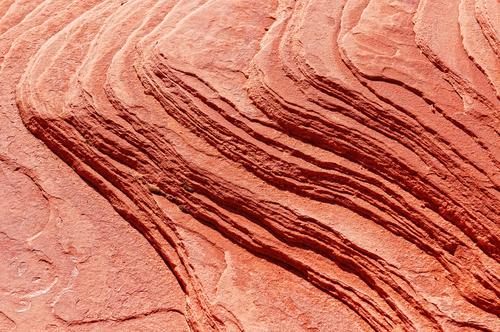History Is Everywhere On Big Island Of Hawaii

Usually on Thanksgiving I put on a sweater, crank up the heat, eat some turkey and watch some football. This year, I am trying to decide between kayaking along the coast of Hawaii’s Big Island or simply slipping on one of the many Hawaiian shirts I’ve packed, cracking a beer and just enjoying the view. I started out with good intentions towards keeping up a steady stream of blog posts this week, but the temporary office I chose, a picnic table on a outcropping of volcanic rock thirty feet above the waves, probably wasn’t the best choice for getting my creative juices flowing. And my body still has no idea what time it really is.
One of the unique things about Hawaii is the prominence the islands give to the stories of those whose lives shaped the nation’s 50th state. To have the equivalent kind of heritage displays in a continental U.S. state like say, my home state South Carolina, you would have to have a tableau of the Dred Scott decision, a replica of a slave auction block, and a depiction of juju in every rest stop in the state.
History is everywhere here. You can go to one of the numerous state parks and see Hawaiian tikis. You may be in the middle of a shopping mall and see a sign that says “0.3 miles to the petraglyphs”. Here in Keahou, at the Kona Surf and Racquet Club just south of the Kona commercial district, there are two or three heiaus, sacred places surrounded by large piles of black lava rock, scattered throughout the complex where we are staying.
Here at Lonoikamakakahiki Residence is a king’s palace, 500 years old, and built by one of Hawai’i’s greatest kings, Umi. This site was later inhabited by at least two other important kings (Lonoikamakakahiki and Kalanio’pu’u) as well as Kamehameha the Great. In any other state this would be an archaeological treasure, a park or preserve, but certainly showcased and cared for. In this case, in Hawai’i, a few remnant walls were grudgingly reprieved from the bulldozer’s blade when the Kona Surf and Racquet Club was built by the Bishop Estate (Kamehameha Schools); the rest of this historical treasure was bulldozed into oblivion for all time.
In just a few hours it will be daylight here, and I’ll get to spend another delightful hour at my temporary office with a cigar, a cup of coffee, and the book by Alice Munro I’ve been steadily working through this week. Mahalo, the Hawaiian word for “thank you”, has become my all purpose Hawaiian interjection, one that is truly an expression of gratitude for being able to enjoy this temperate climate, beautiful scenery and great food during the Thanksgiving holiday.
Mahalo!




